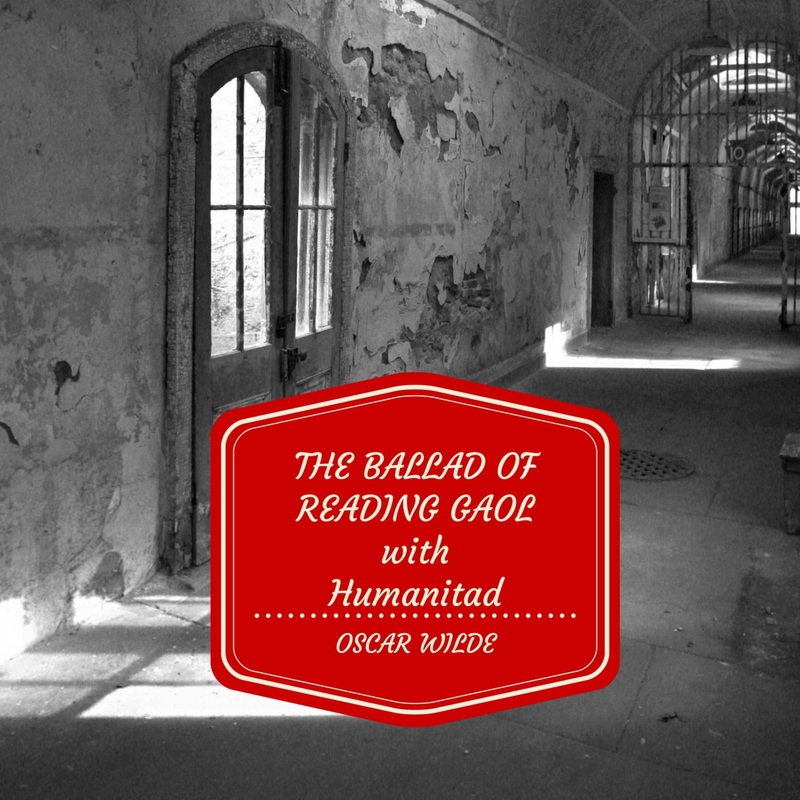Bolt is primarily interesting to me because of his connection to the movies especially ‘Lawrence of Arabia’ one of my all-time favourite films. I recently had the pleasure of talking to David Lean’s great nephew about ‘Lawrence’, ‘Brief Encounter’ (which he’d like to do a re-make one day) and Lean’s other films. It was really just an exchange of shared enthusiasm and film folklore and that’s what I love in the Bolt biography (by Adrian Turner) the small snippets of significant and insignificant events around the making of various films. The biography begins toward the end of Bolt’s life when he’s trying to write the script for ‘Mutiny on the Bounty’ out in Bora Bora, I think, and not enjoying the process. Lean has become more demanding than he remembered him on previous projects and he’s writing (or so he says) mostly for the pay check. He’s not well and he’s turning out lots of work that may never get used, his personal life is a bit of a mess and generally nothing sounds quite right. This is often the reality behind the creative process, the creator is under many other personal pressures and yet the work is still produced. It is usually in reflection that the creator can enjoy his work, if at all. In reality there is an animus just to move on to the next project and a writer never really can enjoy his work in the way a reader or viewer can.
Alan Moore is a real contrast to Bolt in many ways. An incidental but interesting fact about his life is that he was born and lives in Northampton. Although he’s ten years or so older than me, it feels strange because he’s located very near to where I was in my youth. It feels a bit like reading the story of an older brother who moved to the next town. Northampton is not the most glamourous of places and like Milton Keynes was designated as a ‘New Town’ even though people have been living there since the Neolithic age!
Anyway Moore’s fascination with comics at a very young age, reverberates with me as well and I find it peculiarly pleasurable to think I was mooching around in newsagents picking up my ‘2000 AD’ when one of its creator-authors was producing the stuff down the road. Moore is, like I say, the big brother who went that one step further with his childhood fancy. As children we have a particularly visceral perception of things, colours, smells, places, which act as archetypes for the rest of our lives. I once tasted a jar of honey from a man down my street who kept bees and I have forever measured the quality of a jar of honey against that first taste of elixir, inevitably nothing has ever tasted quite as magical. Buying a comic at that age was exciting in a way purchasing things now rarely is. Buying and then devouring the comics contents as you walked along the street outside the shop was a real event. It was private and yet you knew, somehow, that there were others like you, like Alan Moore, who were doing the same thing, fascinated with the beauty, colour and imagination contained within the images and stories.
Moore is an exuberant shaggy-haired anarchist who has subverted and helped convert the comic genre into today’s ‘Graphic Novel’ by an input of great art, story and intelligence. In the early days when he worked in the superhero realm he gave these demi-gods personal problems and broadened the narratives with more complex and existential themes. He’s perceived as a bit of a loner or recluse but as he says to interviewers he’s hardly taciturn, if you give him a prod he will rattle on for ages and when you want him to change the subject you just have to prod him again. I think it’s possibly because he’s chosen to stay in Northampton that somehow he’s seen as someone shunning the limelight. But perhaps he’s happy where he is? Perhaps most of his life is lived in his head anyway, which is a far better, more interesting and exciting place than Hollywood say.
Anyway, sometimes other people’s lives bore me and I can’t stand to read biography and I feel the need to make a bit of my own! For the moment though, I’d highly recommend the Alan Moore biog by Lance Parkin and if you love ‘Lawrence of Arabia’ Robert Bolt is worth reading about too.

 RSS Feed
RSS Feed
